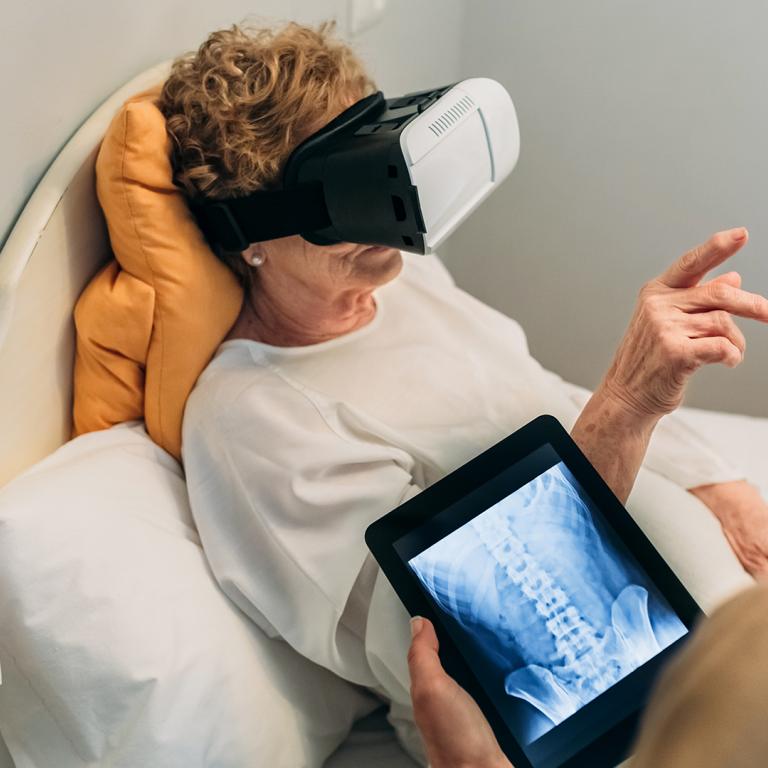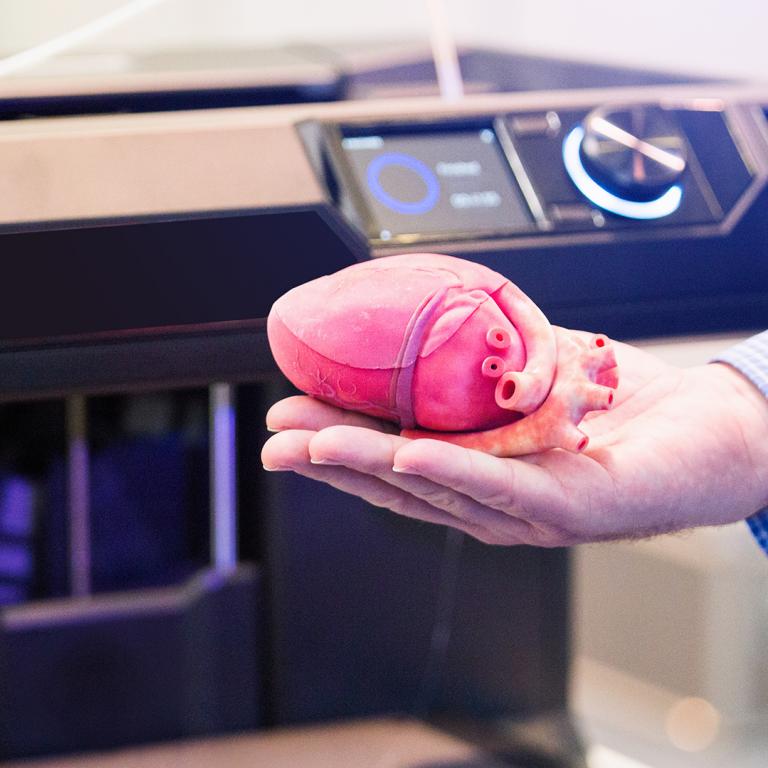

A Doctor Breaks Down The First FDA-Approved Peanut Allergy Treat…

Q&A with Organizational Pro Peter Walsh + Dermatologist Shares A…

Actor Hank Azaria + Freezer Meals + Artichokes 2 Ways with Rach

See Inside Barbara Corcoran's Stunning NY Apartment + It's Steak…

How to Make Chicken and Lobster Piccata | Richard Blais

Donnie Wahlberg Spills Details About NKOTB's First Ever Conventi…

Donnie Wahlberg + Jenny McCarthy Say Rach Is Such a "Joy" + Look…

The Best Moments From 17 Seasons of the Show Will Make You Laugh…

How to Make Crabby Carbonara | Rachael Ray

Rach Chats "Firsts" In Flashback From Our First Episode Ever In …

How to Make Apple-Cider Braised Pork Chop Sandwiches with Onion …

Rach's Chef Pals Say Goodbye to Show in Surprise Video Message

How to Make Sesame Cookies | Buddy Valastro

How to Make Tortilla with Potatoes, Piquillo Peppers and Mancheg…

How to Make Shrimp Burgers | Jacques Pepin

How to Make Spanakopipasta | Rachael Ray

Andrew McCarthy Chokes Up Discussing Emotional Trip to Spain wit…

Celebrity Guests Send Farewell Messages After 17 Seasons of the …

Celebrity Guests Send Farewell Messages After 17 Seasons of the …

Andrew McCarthy Teases Upcoming "Brat Pack" Reunion Special

Michelle Obama Toasts Rach's 17 Years on the Air With a Heartfel…
If you or your child suffer from food allergies, you know that they are no joke. And even if you haven't experienced food allergies firsthand, you might feel like everyone you know is allergic to some kind of food.
Well, according to internist and gastroenterologist Dr. Roshini Raj, food allergies are actually increasing. Childhood food allergies have more than doubled over the last 20 years, the doc says. Almost 8 million kids under the age of 18 have them, and nearly 11% of adults do too — many of whom say they weren't allergic as kids.

Why are there so many peanut allergies now?
"Why is it increasing? [It's] not 100% clear, but there are theories that we've sort of over-sanitized our kids and given them antibiotics, disrupted the healthy bacteria in our guts which then disrupt our immune systems, our reactions and increase allergies," Dr. Raj explains.
What happens to people with peanut allergies?
So, what happens when you are exposed to an allergy trigger if you have allergies? "Your body is going to release histamine and other chemicals which then can cause anaphylaxis — where your throat can swell up — to the point where you may not be able to breathe. This could be life-threatening," Dr. Raj says.
Is there a treatment for peanut allergy?
Up until now, the only advice was to avoid whatever triggers your allergies and carry an EpiPen in case of a severe reaction, according to the doc. "But earlier this year there was a breakthrough because the FDA approved the first treatment for peanut allergy." This is huge, she says, because peanut allergy is one of the most common childhood allergies.
The treatment, a drug called Palforzia, "involves giving minute particles of peanuts, so it's coming in this pull-apart capsule — there's peanut powder in there. You can add it to semi-solid food like applesauce and you slowly introduce this in minute amounts to your child," Dr. Raj explains. "I have to be very clear that while this treatment can be taken at home, all dose increases must be done under the supervision of an allergist."
It's also important to understand that this treatment is NOT a cure for peanut allergies, but it could potentially blunt the response of accidental exposure.
Another strategy that's being used by doctors to help treat food allergies is baked goods. "Some kids are allergic to the raw milk or eggs, but they're not allergic when they're in baked goods," Dr. Raj says. "So again, under the supervision of an allergist, you can try introducing baked goods [in] small amounts so they build up their tolerance."
If you are interested in learning more about food allergy treatments, talk to your doctor or allergist — and only use under their strict supervision.





